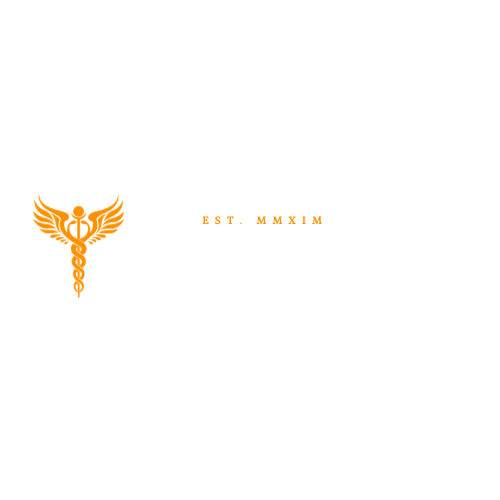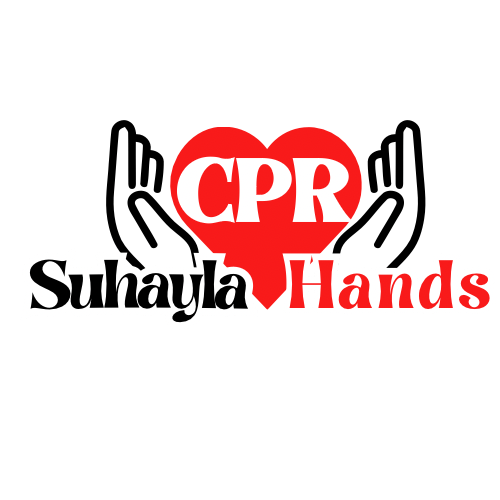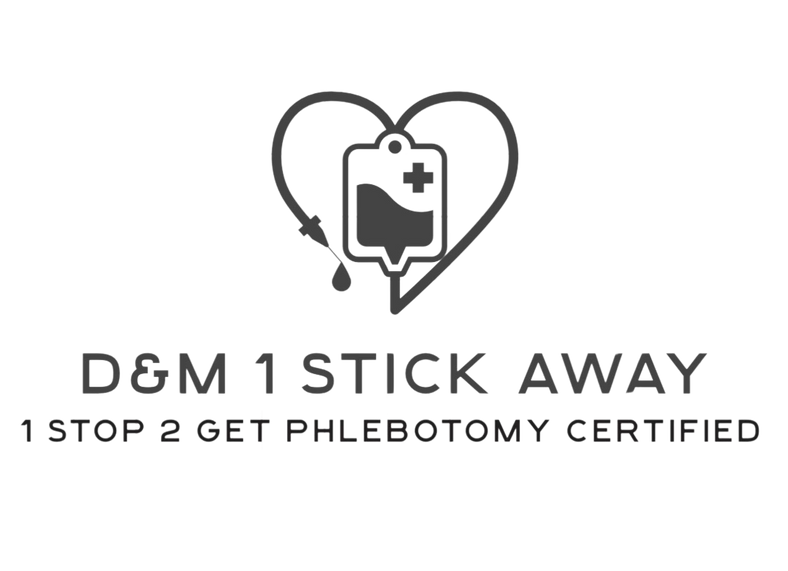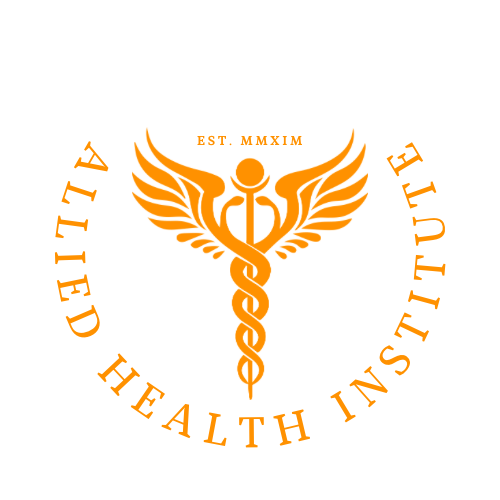
Day and Evening Phlebotomy classes forming now!!!
New programs coming summer 2024!
Be an early applicant!
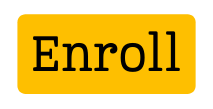

Our Mission
At Philadelphia Allied Health Institute, our mission is to empower individuals with the knowledge, skills, and compassion required to excel in allied health professions. We are dedicated to fostering a supportive and inclusive learning environment that promotes excellence in healthcare education, encourages lifelong learning, and prepares our students to meet the diverse and evolving needs of the communities they serve. Through innovative training programs, hands-on experience, and a commitment to ethical practice, we strive to cultivate healthcare professionals who are not only competent and confident but also empathetic and dedicated to improving patient care and well-being.
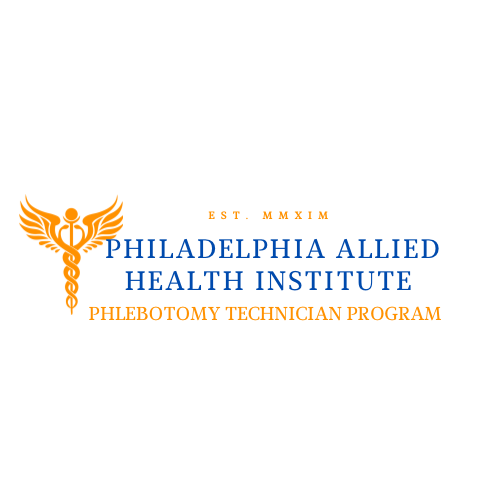
Program Overview
PROGRAM DURATION- 8 WEEKS
PROGRAM HOURS- 120 HOURS
80 HOURS- THEORY/CLASSROOM
40 HOURS- EXTERNSHIP/CLINICAL
Our Phlebotomy Technician Program is an intensive training course designed to prepare students for a career in phlebotomy, the practice of drawing blood for medical testing, transfusions, research, and donations. This program combines in-depth theoretical instruction with hands-on clinical experience, ensuring that graduates are well-equipped to perform venipunctures and other blood collection procedures efficiently and safely.
Program Objectives
Skill Acquisition: Students will learn to perform various blood collection techniques, including venipuncture, capillary puncture, and arterial puncture.
Safety and Compliance: Training includes strict adherence to safety protocols and regulations, ensuring compliance with health and safety standards to prevent contamination and infection.
Patient Interaction: Emphasis on developing excellent communication skills to interact compassionately and professionally with patients, addressing their concerns and ensuring their comfort.
Laboratory Proficiency: Gain knowledge of laboratory operations, including specimen handling, labeling, and processing.
Certification Readiness: Prepare students for the Registered Phlebotomy Technician (RPT) certification exam through AMT.
Clinical Knowledge: Gain am understanding of basic anatomy and physiology, medical terminology, and the role of phlebotomist within the healthcare system
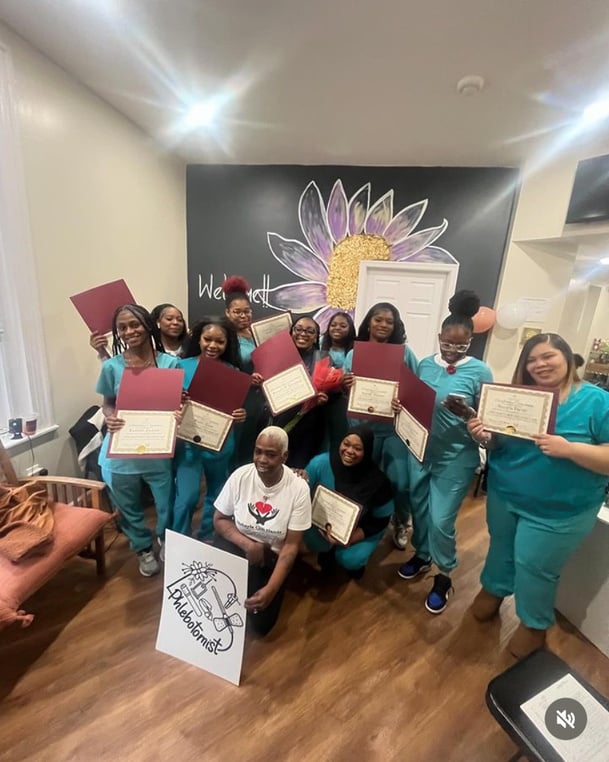
Curriculum highlights

- Anatomy and Physiology
- Medical Terminology
- Phlebotomy Techniques
- Laboratory Safety and Infection Control
- Patient Interaction and Communication
- Specimen Collection and Processing
- Medical Ethics and Law
CAREER OPPORTUNITIES
Graduates of our Phlebotomy Technician Program can pursue careers in various healthcare settings, including:
- Hospitals
- Diagnostic Laboratories
- Blood Donation Centers
- Physicians' Offices
- Outpatient Clinics
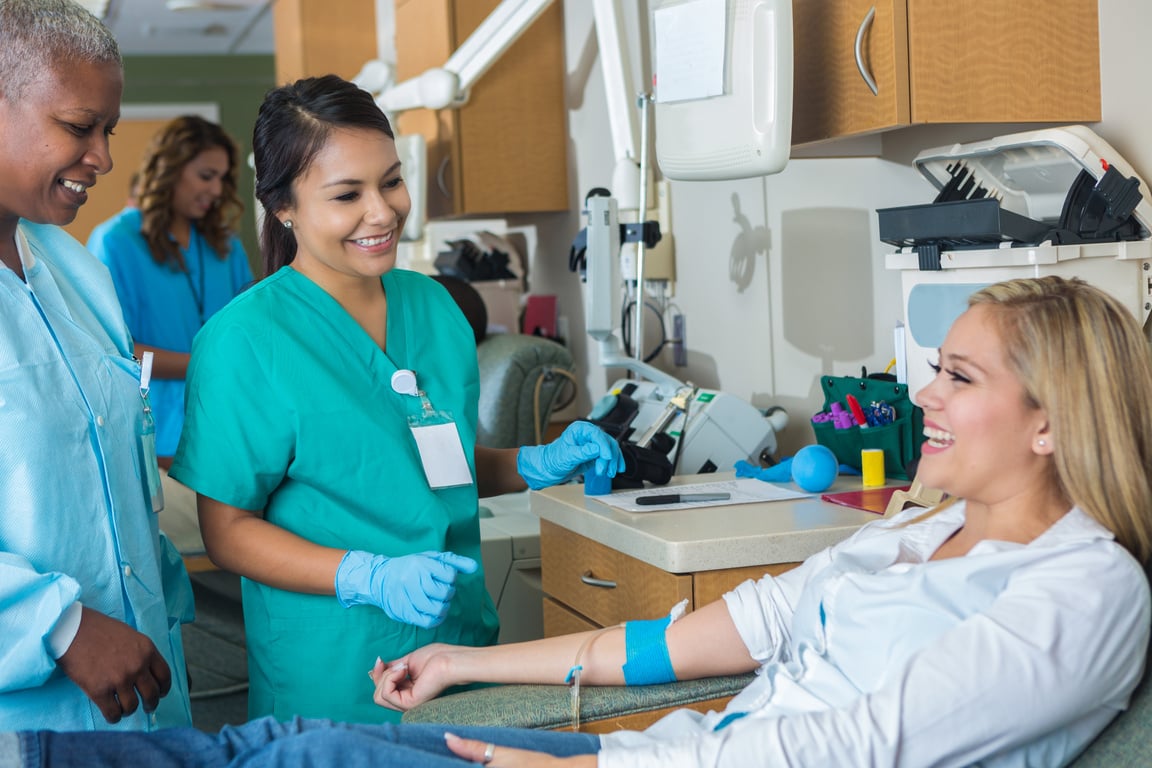
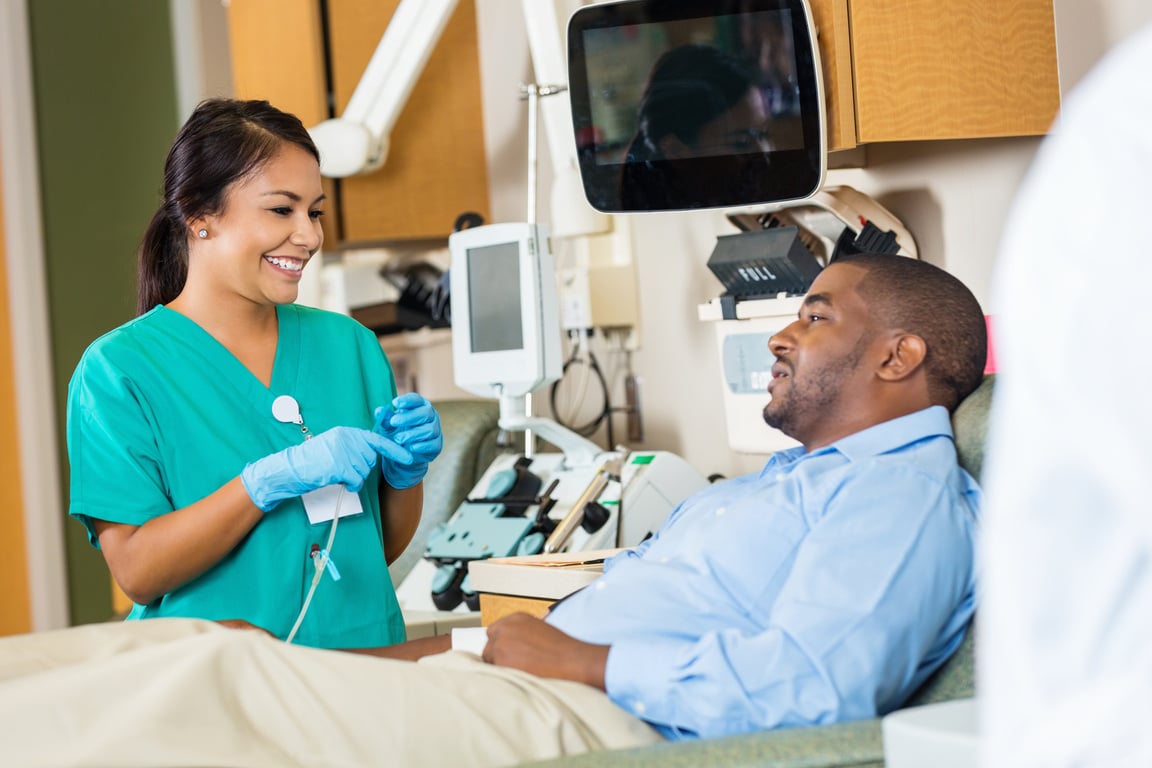
Admission requirements
- High school diploma or equivalent
- Basic proficiency in English and Math
- Strong attention to detail and manual
dexterity
- Commitment to patient care and the healthcare profession
- Be able to pass a criminal background check
Join our Phlebotomy Technician Program Today!
Gain the expertise needed to start a fulfilling career in healthcare, making a direct impact on patient care and contributing to the diagnostic process!
WWW.PAHINSTITUTE.COM
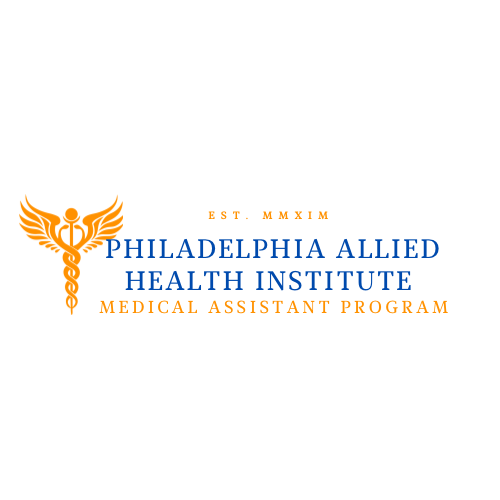
program duration- 37 weeks
Program hours-720 Hours
520 hours didactic/theory
120 hours Clinical/externship
Our Medical Assistant Diploma Program is a comprehensive, hands-on training course designed to prepare students for a rewarding career in the healthcare field. This program combines theoretical knowledge with practical skills to ensure graduates are well-equipped to assist healthcare professionals in various medical settings, including clinics, hospitals, and private practices.
Clinical Skills Development: Students will learn to perform clinical tasks such as taking patient histories, measuring vital signs, preparing patients for examinations, and assisting physicians during procedures.
Administrative Competence: The program covers administrative duties including scheduling appointments, maintaining patient records, billing, and coding for insurance purposes.
Healthcare Knowledge: Students will gain a solid understanding of medical terminology, anatomy, physiology, pharmacology, and medical law and ethics.
Patient Interaction: Emphasis is placed on developing effective communication skills to interact compassionately and professionally with patients.
Technology Proficiency: Training includes the use of electronic health records (EHR) systems and other medical office software.
Certification Readiness: Students will be prepared for certification exams, such as the Certified MEdical Assistant (CMA) or Registered Medical Assistant (RMA)
1. Introduction to Medical Assisting
- Overview of the role and responsibilities of a medical assistant.
- Medical ethics and legal considerations.
2. Medical Terminology
- Understanding medical terms, abbreviations, and symbols.
- Application of terminology in medical settings.
3. Anatomy and Physiology
- Study of the human body systems and their functions.
- Common diseases and disorders.
4. Clinical Procedures
- Patient intake and assessment.
- Phlebotomy, EKGs, and vital signs measurement.
- First aid and CPR training.
5. Laboratory Skills
- Collecting and processing specimens.
- Basic laboratory tests and safety procedures.
6. Pharmacology
- Medication administration and dosage calculations.
- Understanding drug classifications and effects.
7. Administrative Procedures
- Medical office software and electronic health records (EHR).
- Insurance processing, billing, and coding.
- Office management and professional communication.
8. Externship
- Real-world experience through a supervised externship in a healthcare facility.
- Application of classroom knowledge in a clinical setting.
Graduates of the Medical Assistant Diploma Program can pursue various entry-level roles, such as:
Medical Assistant
Clinical Assistant
Administrative Medical Assistant
Phlebotomy Technician
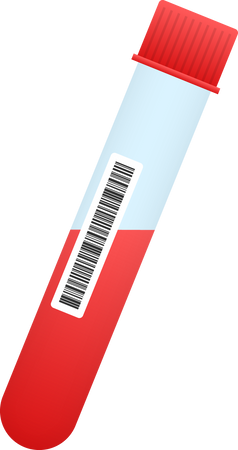
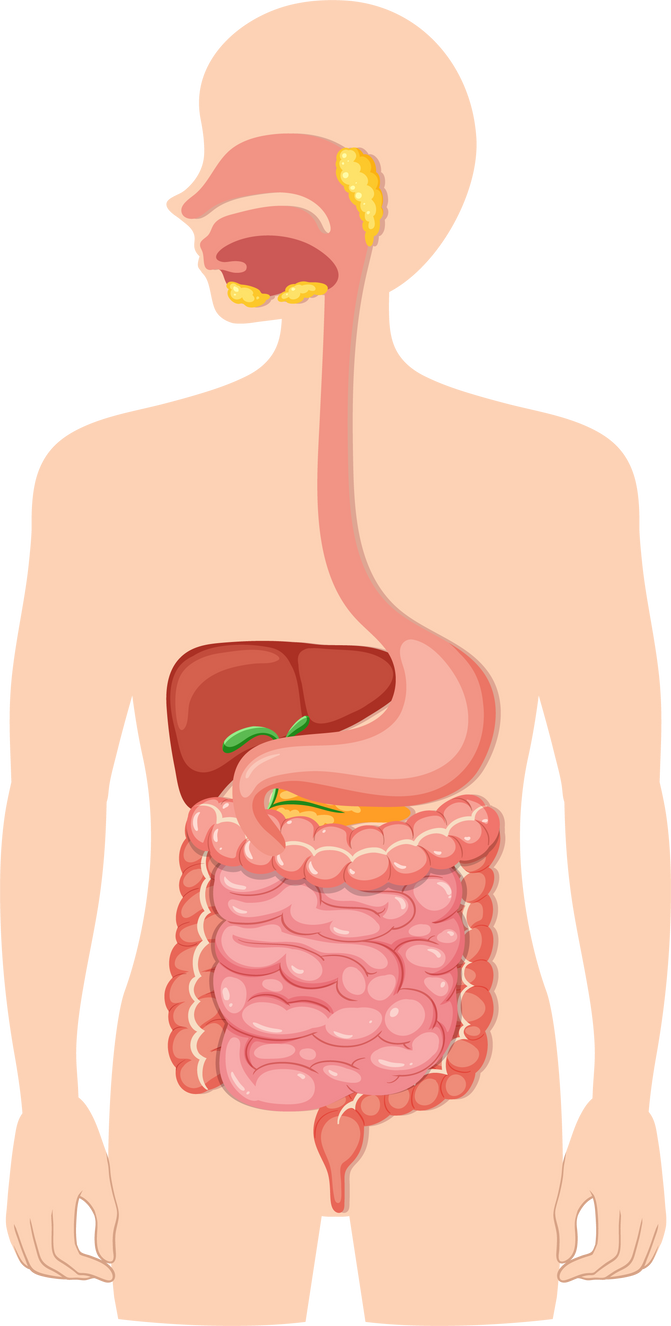
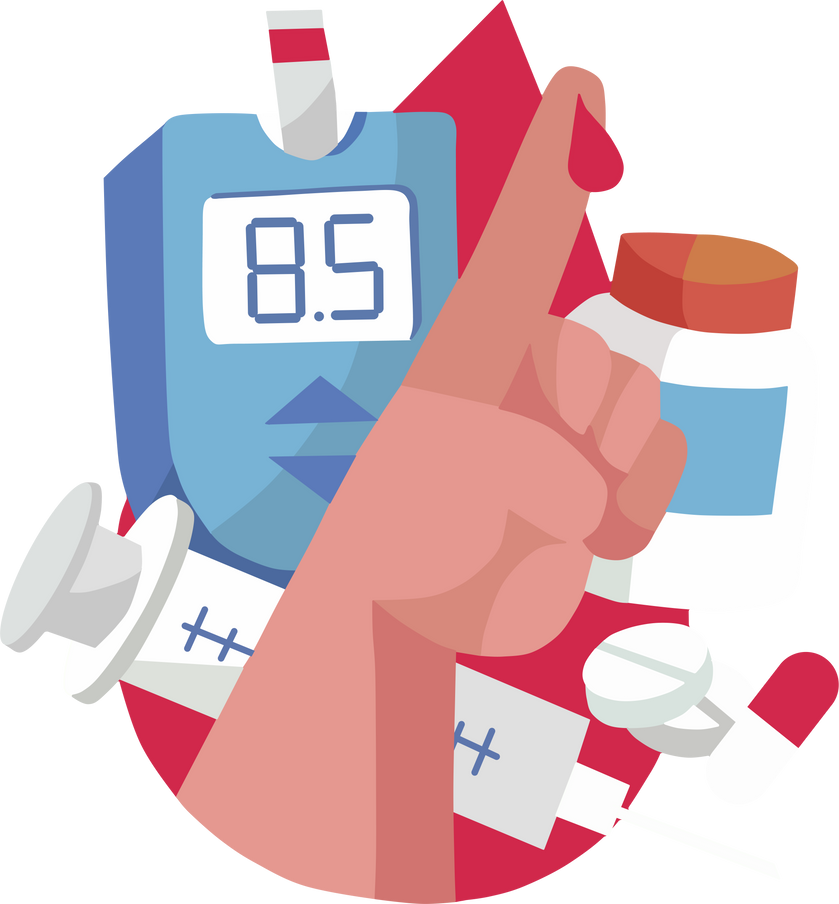
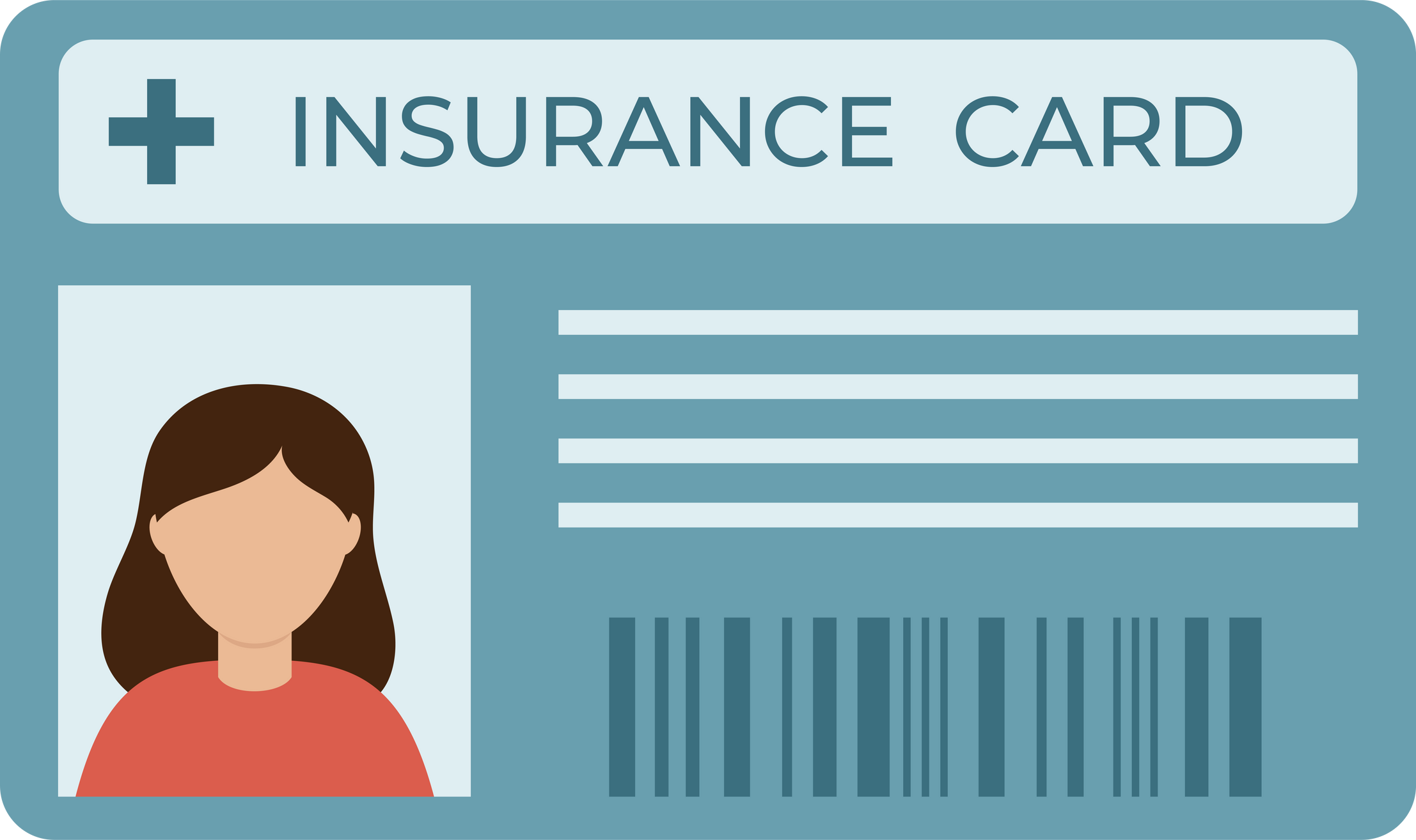
Program Objectives
Curriculum highlights
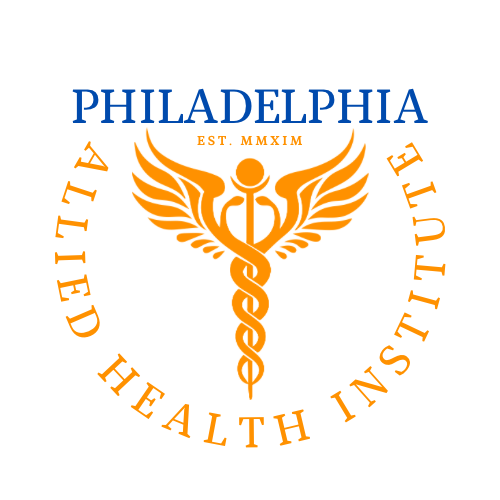
CAREER OPPORTUNITIES

KEY FEATURES

Experienced Instructors: Learn from certified medical professionals with extensive experience in the field.
State-of-the-Art Facilities Train in modern labs equipped with the latest medical tools and technology.
Hands-On Training-Participate in clinical externships at local healthcare facilities to gain real-world experience.
Certification Preparation: our curriculum is designed to prepare students for certification exams such as the Certified Medical Assistant (CMA) or Registered Medical Assistant (RMA).
Job Placement Support: Benefit from career services including resume workshops, interview preparation, and job placement assistance.
Admission requirements
- High school diploma or equivalent
- Basic proficiency in English and Math
- Strong attention to detail and manual
dexterity
- Commitment to patient care and the healthcare profession
- Be able to pass a criminal background check
Our Medical Assistant Diploma Program offers a dynamic and fulfilling pathway into the healthcare profession. With a blend of theoretical instruction and practical experience, students will gain the skills and knowledge necessary to support healthcare teams and provide high-quality patient care.
Come Embark on a rewarding career in healthcare by joining our Medical Assistant Program today!
where you'll gain the skills and confidence needed to make a difference in patients' lives every day!
WWW.PAHINSTITUTE.COM
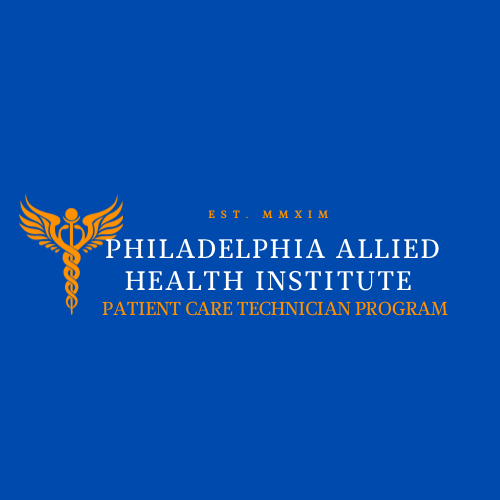
program duration- 27 weeks
Program hours-600 Hours
480 hours didactic/theory
120 hours Clinical/externship
Our Patient Care Technician (PCT) program is designed to equip students with the essential skills and knowledge required to excel in a variety of healthcare settings. This comprehensive training program prepares individuals to provide high-quality care and support to patients under the supervision of nursing and medical staff. The curriculum combines theoretical instruction with hands-on clinical experience to ensure graduates are well-prepared for the demands of the healthcare field.
Program Objectives
- Patient Care Skills:Develop proficiency in fundamental patient care procedures, including bathing, feeding, grooming, and mobility assistance.
- Clinical Skills: Gain hands-on experience in performing vital signs monitoring, phlebotomy, EKGs, and other diagnostic tests.
- Medical Knowledge: Understand basic anatomy, physiology, and medical terminology to effectively communicate with healthcare professionals and understand patient needs.
- Safety and Infection Control: Learn best practices for maintaining a safe and sanitary environment, including proper hand hygiene, use of personal protective equipment (PPE), and infection prevention techniques.
- Professionalism and Communication: Enhance interpersonal and communication skills to interact compassionately and effectively with patients, families, and healthcare team members.
- Ethical and Legal Standards:Study the ethical and legal aspects of patient care, including patient rights, confidentiality, and professional conduct.
Curriculum highlights
1. Anatomy and Physiology: Understand the human body’s structure and function, crucial for effective patient care.
2. Patient Care Fundamentals: Learn the basics of patient care, including bathing, feeding, and mobility assistance.
3. Medical Terminology: Master the language of healthcare to communicate effectively with other medical professionals.
4. Phlebotomy and EKG: Gain proficiency in essential technical skills such as drawing blood and performing electrocardiograms.
5. Infection Control: Learn best practices to prevent the spread of infections within healthcare settings.
6. CPR and First Aid: Acquire lifesaving skills to respond effectively in emergency situations.
7. Clinical Experience: Participate in supervised externships to apply classroom knowledge in real healthcare environments.
Career opportunities
Graduates of the Patient Care Technician program are well-prepared to pursue a variety of roles in healthcare settings, including:
Hospitals
Nursing homes
Rehabilitation centers
Home healthcare agencies
Outpatient clinics
Admission Requirements
- High school diploma or GED equivalent
- Basic understanding of math and science
- Be able to pass a criminal background check
- Strong communication and interpersonal skills
- A desire to help and care for others

Our Patient Care Technician program offers a pathway to a rewarding career in healthcare, providing essential support to patients and contributing to their overall well-being. With a blend of classroom instruction and practical experience, this program prepares students for immediate employment and further career advancement in the healthcare industry.

WWW.PAHINSTITUTE.COM
Come Embark on a rewarding career in healthcare by joining our patient care technician Program today!
LEARN MORE
WWW.PAHINSTITUTE.COM
Our Locations

Pennsylvania
Address:
6100 Haverford Avenue
Phila, Pa 19151
Phone:
267-461-0368
Email:
info@pahinstitute.com

Maryland
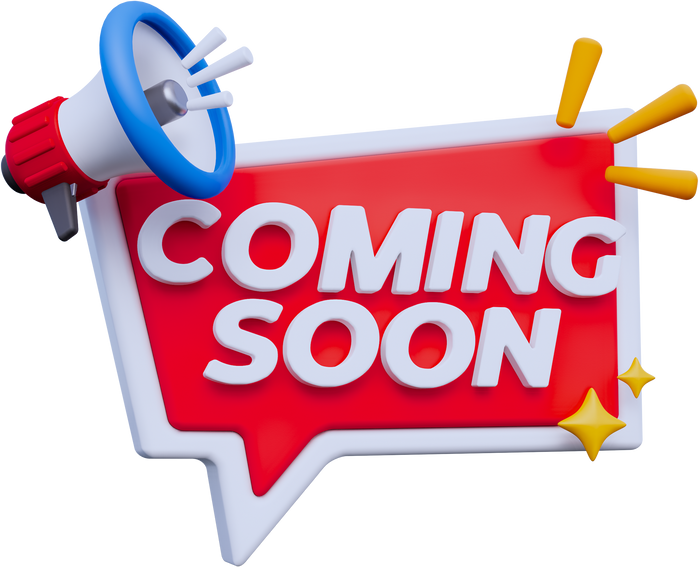
WWW.PAHINSTITUTE.COM

Delaware

